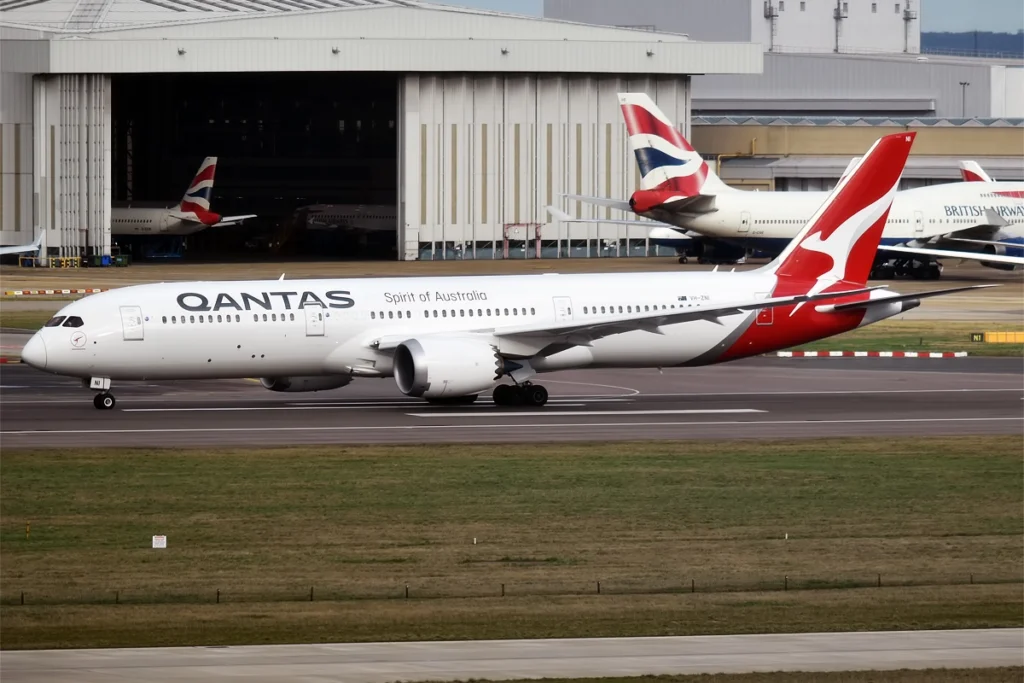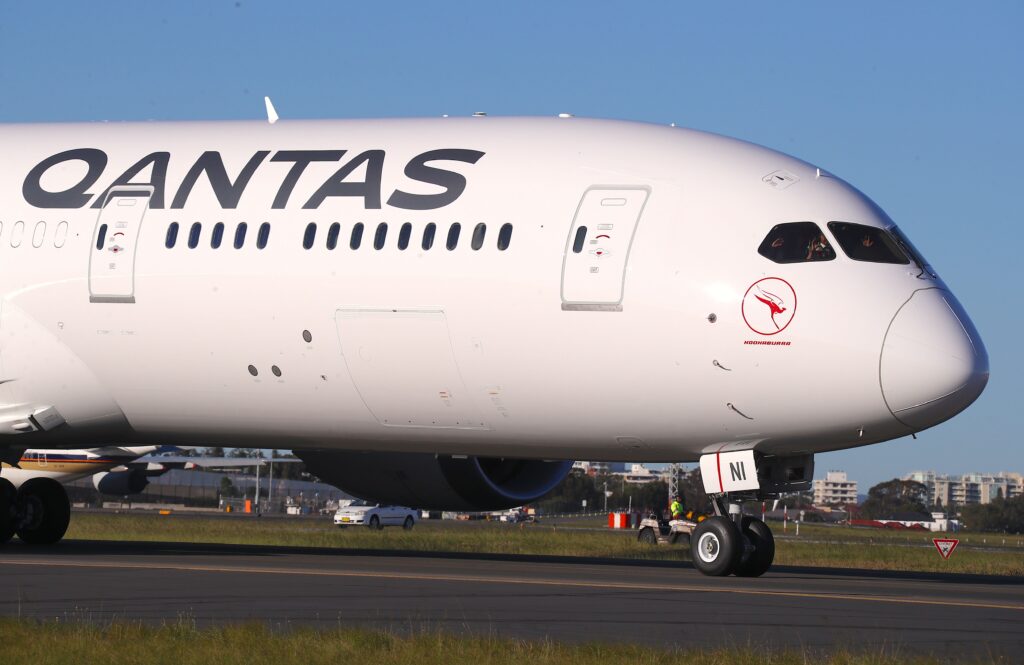SYDNEY- The Australian Competition and Consumer Commission (ACCC) has issued a warning about fraudulent (scam) calls targeting consumers in the wake of a significant Federal Court ruling against Qantas (QF).
Scammers are exploiting the situation by falsely claiming to assist customers in obtaining refunds related to the court-ordered penalties.

Qantas Payment Refund Scam Warning
Scammers are leveraging the official ACCC media release to lend credibility to their deceptive schemes.
The ACCC strongly advises consumers to terminate any unsolicited calls offering assistance with payments or refunds immediately. They emphasize the importance of safeguarding personal information, particularly from unexpected callers. The commission explicitly warns against granting access to computers or bank accounts to unknown individuals.
Furthermore, the ACCC cautions against interacting with unsolicited text messages or emails. They advise against clicking links or opening attachments in unexpected communications. This precautionary measure aims to protect consumers from potential phishing attempts or malware infections.

For individuals who may have inadvertently shared information or suffered financial losses due to these scams, the ACCC recommends immediate contact with their respective banks.
To combat this fraudulent activity, the ACCC encourages victims and those targeted by scammers to report their experiences to Scamwatch.

$100 Million Penalty
The Federal Court has mandated Qantas to pay $100 million in penalties for violating the Australian Consumer Law. The airline admitted to misleading consumers by selling tickets for flights it had already canceled and failing to promptly inform existing ticketholders about these cancellations.
ACCC Chair Gina Cass-Gottlieb emphasized the gravity of the penalty, stating, “This substantial penalty sends a strong signal to all businesses that misleading customers will result in serious consequences.” The ruling aims to deter future breaches of consumer law by Qantas and other companies.
In addition to the penalties, Qantas has committed to paying approximately $20 million to affected consumers. This compensation is intended for customers who purchased tickets for pre-canceled flights or were rebooked on such flights after their original bookings were canceled. These payments will supplement any previous remedies provided by Qantas, such as alternative flights or refunds.
The ACCC estimates that up to 880,000 consumers were impacted by Qantas’ actions.
Cass-Gottlieb highlighted the significant inconvenience caused to travelers, noting, “People had made plans and may have spent money on other related purchases, relying on the fact that the flight would depart as advertised.”

Misleading Consumers
Qantas has acknowledged serious breaches of the Australian Consumer Law, affecting over 880,000 consumers across more than 82,000 flights scheduled between May 2022 and May 2024. The airline’s senior management admitted awareness of systemic failures in their operations and booking systems.
The airline continued selling tickets for cancelled flights, deliberately withholding cancellation information from existing ticketholders. This practice allowed Qantas to profit from consumers who might have chosen cheaper flights or alternative carriers if informed promptly.
The delayed system updates also reduced the likelihood of customers switching to other airlines when eventually notified of cancellations.
Qantas’ violations occurred in two primary ways. First, the airline offered and sold tickets for flights up to two days after deciding to cancel them. Second, Qantas failed to update the ‘Manage Booking’ page for existing ticketholders, leaving flight details unchanged for at least two days post-cancellation decision.
The scope of these violations is substantial. Qantas continued ticket sales for 70,543 cancelled flights, affecting 86,597 consumers. On average, cancelled flight tickets remained on sale for 11 days, with some cases extending up to 62 days post-cancellation.
Additionally, 883,977 consumers experienced delays in cancellation notifications through the ‘Manage Booking’ page, impacting 60,297 flights. The average notification delay was 11 days, with extreme cases reaching 67 days.
Finally, Qantas initiated changes to its operating and scheduling systems in response to the Australian Competition and Consumer Commission (ACCC) proceedings. These modifications aim to prevent the recurrence of the conduct that led to the legal action.
Stay tuned with us. Further, follow us on social media for the latest updates.
Join us on Telegram Group for the Latest Aviation Updates. Subsequently, follow us on Google News

